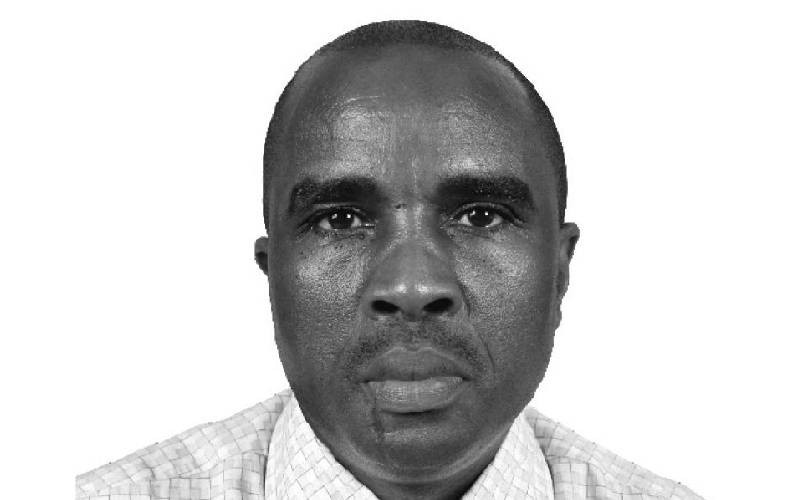×
The Standard e-Paper
Fearless, Trusted News

Several events informed the choice of mental health as the focus of this week's column. Firstly, I came across the 2022 report by NACADA, Kenya's national substance abuse institution, on the status of drug and alcohol abuse.